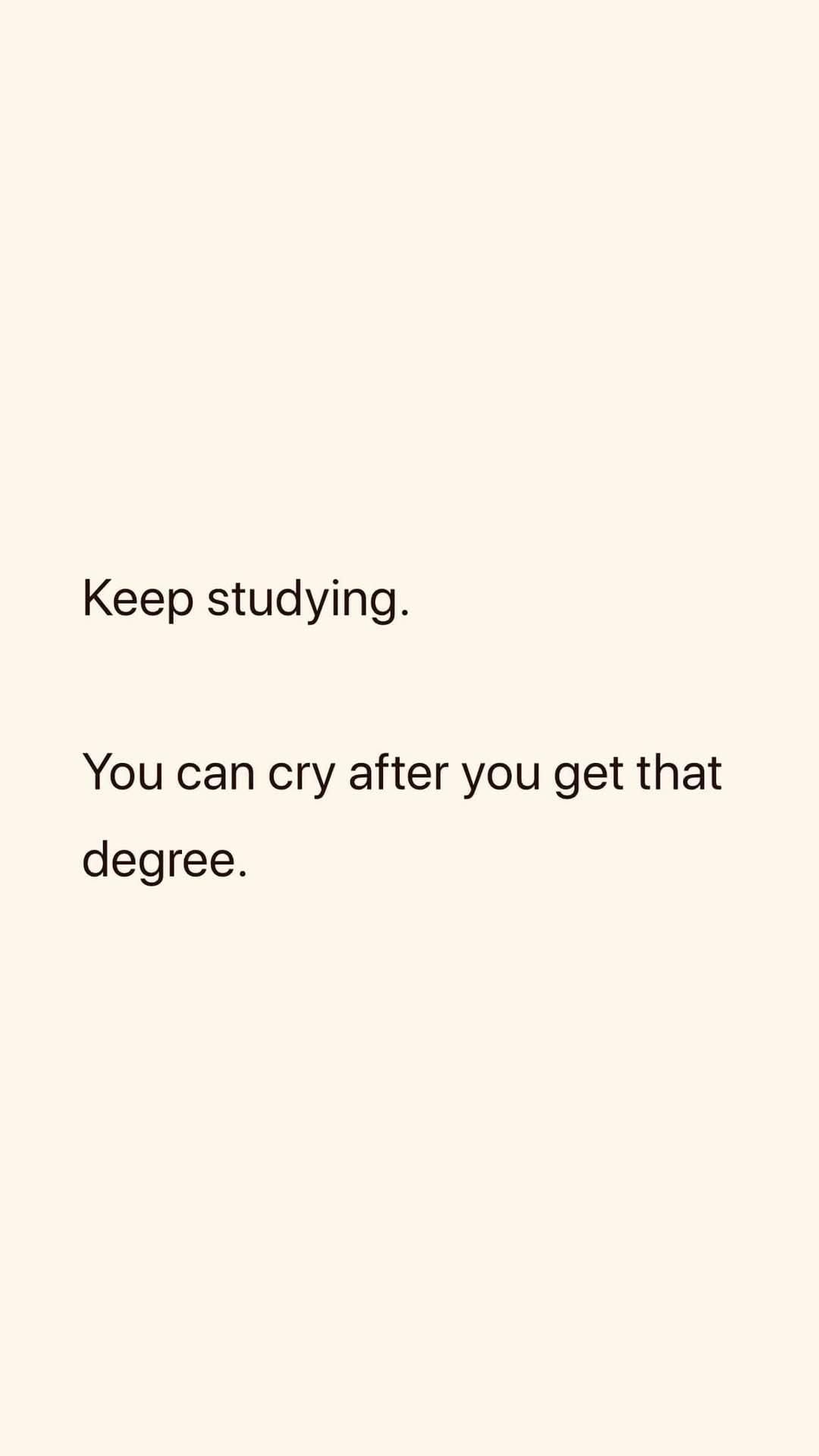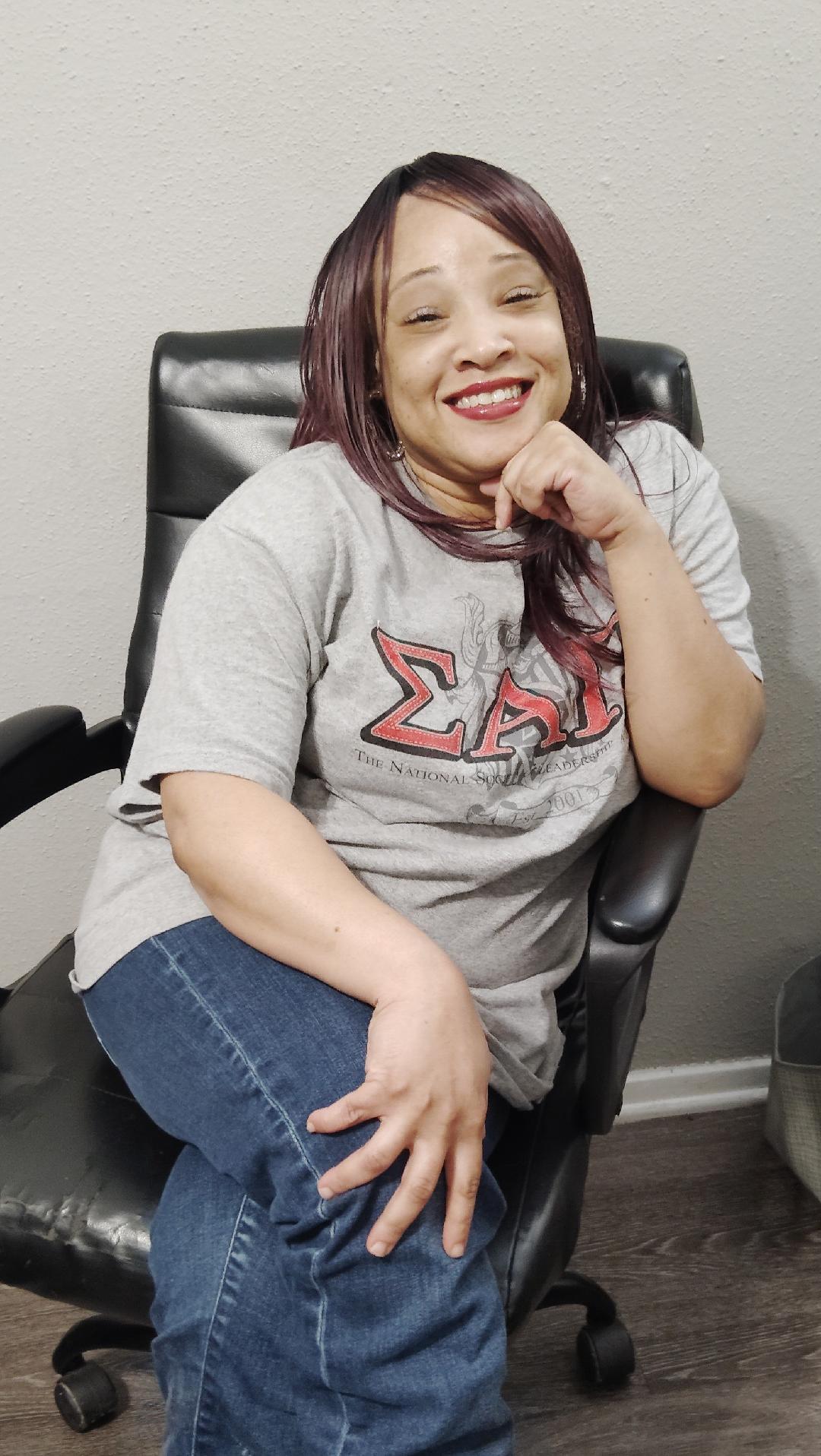Alright – so today we’ve got the honor of introducing you to Kim Petitt. We think you’ll enjoy our conversation, we’ve shared it below.
Kim, thanks for taking the time to share your stories with us today Is there a lesson you learned in school that’s stuck with you and has meaningfully impacted your journey?
As a doctoral candidate, I believed I had completed the Institutional Review Board (IRB) application. I had followed the checklist. I had reviewed every section. It came back with corrections. Then it came back again. Then again. I went through six rounds of resubmission to get my study approved. Each time, I had to revise language, restructure sections, reformat documents, and ensure alignment across every part of the application. I felt tired. I felt frustrated. I didn’t know how long it would take or whether the next round would be the last. I kept going, not because I felt confident, but because getting around this process wasn’t an option. That process helped shift my perspective. I learned how to respond to what the process actually required, even when I was worn down, even when I didn’t feel composed. I received IRB approval at last and was allowed to move forward with conducting my study.
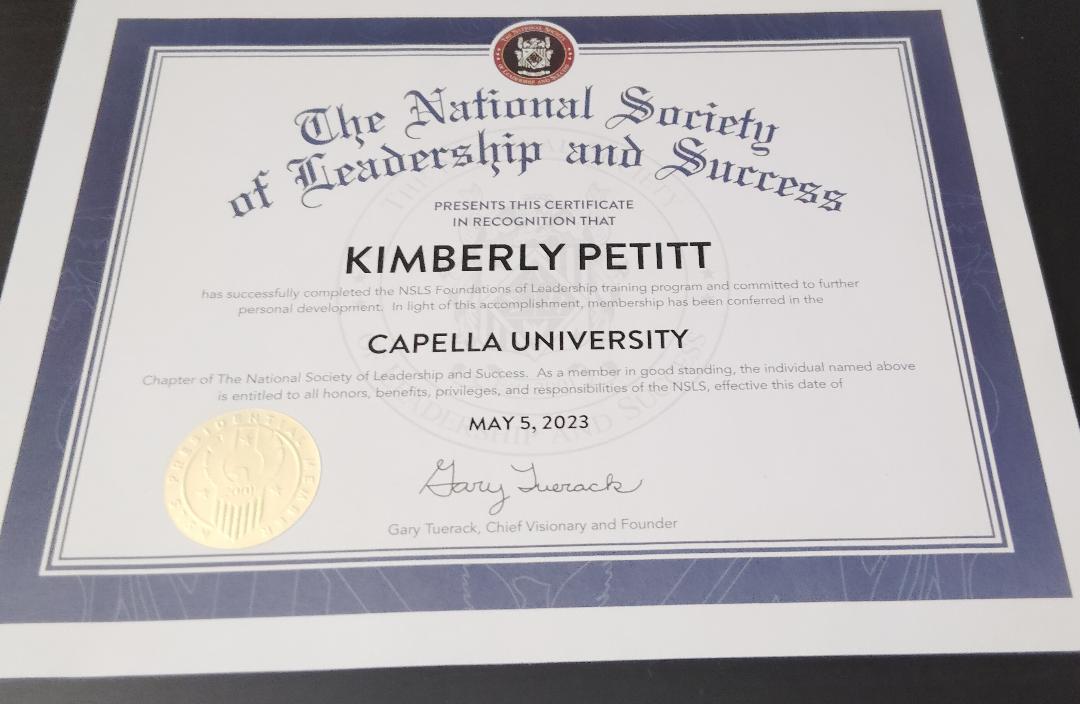
Kim, before we move on to more of these sorts of questions, can you take some time to bring our readers up to speed on you and what you do?
I’m Kim, a Doctoral Candidate in Human Services Leadership and Organizational Management at Capella University. I entered this field because I desire to drive positive change and foster effective leadership within organizations that provide essential human services. With my doctorate, I aim to develop and implement strategies that enhance organizational efficiency, improve service delivery, and ensure that leadership practices are inclusive and responsive to the needs of diverse populations. Whether it’s through consulting, research, or direct leadership roles, my goal is to contribute to the creation of systems that empower individuals and communities, particularly those who are underserved or face challenges due to various factors.
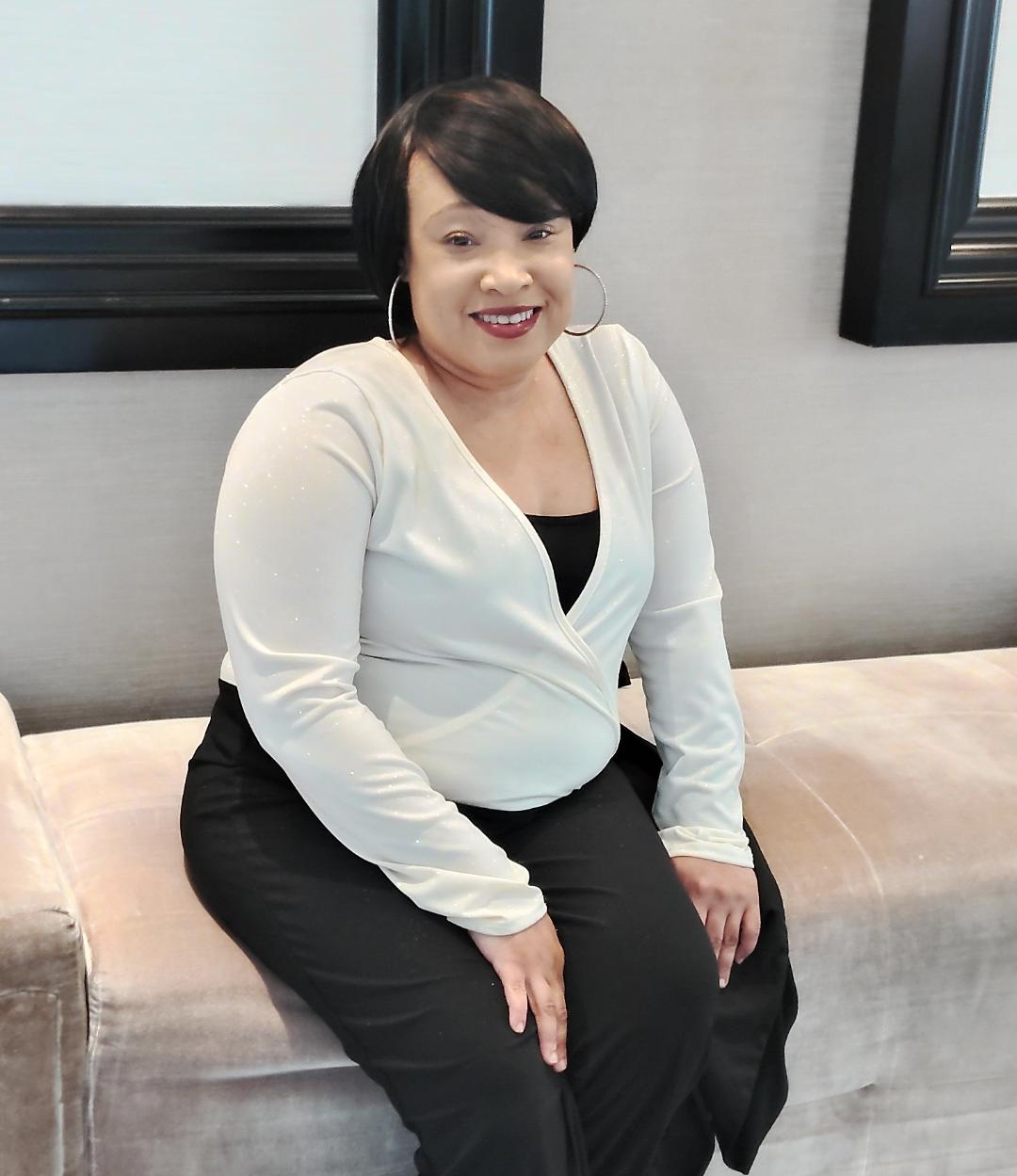
Learning and unlearning are both critical parts of growth – can you share a story of a time when you had to unlearn a lesson?
I still remember the shiver that went down my back when I received the email of acceptance. My first reaction was fear and anxiety rather than excitement. I thought a doctoral program was just for high-IQ people who never had trouble understanding complex concepts or struggled with self-doubt. I soon learned that the program’s actuality depends more on discipline, consistency, hard work, and perseverance than it does on specific IQ. One of the most difficult academic experiences of my life has been pursuing my doctorate; it has been a rollercoaster of both discouragement and successes. At times, it seems insurmountable. I would think, “I don’t belong here.” However, I’m discovering that accepting failure as an essential component of the learning process requires courage and mindset shifts.
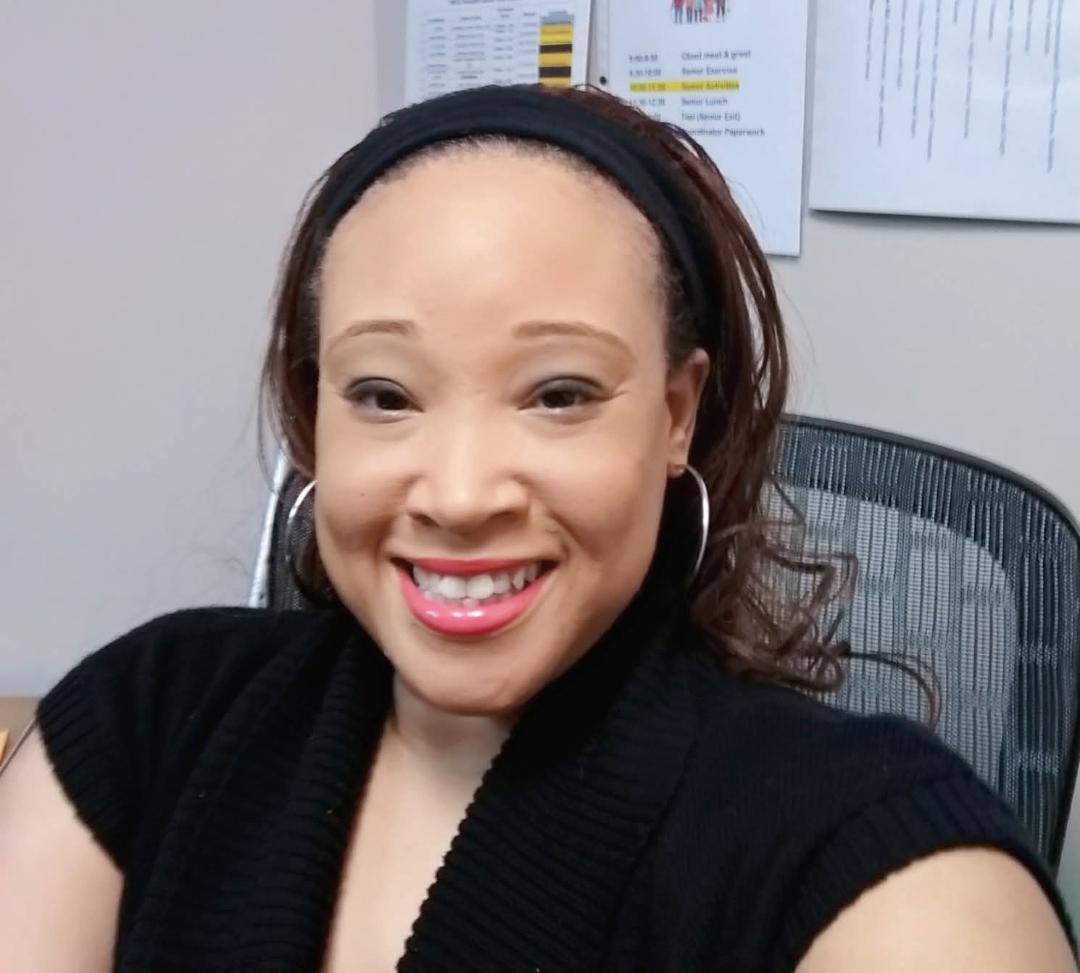
Let’s talk about resilience next – do you have a story you can share with us?
Resilience hasn’t looked like powering through. It looked like staying in process when things didn’t move. It’s looked like revising the same section more times than I expected, and responding to feedback that didn’t feel clear. There was a stretch where I didn’t know if I was making progress. However, just staying in the process and finishing what I started.
Contact Info:
